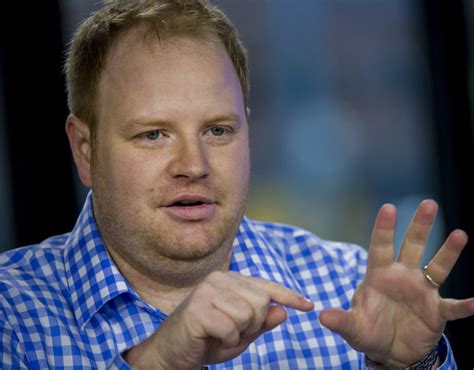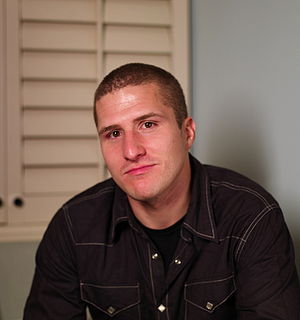A Quote by Parker Conrad
The battle over Napster has divided musicians and industry officials.
Related Quotes
There are those who say the music industry must adapt to a wired world. They point to the decades-long rise in CD prices, even as manufacturing costs came down, and to data that shows Napster may actually increase sales of CDs by music-hungry customers as evidence that the music industry is simply afraid of a new technology.

































